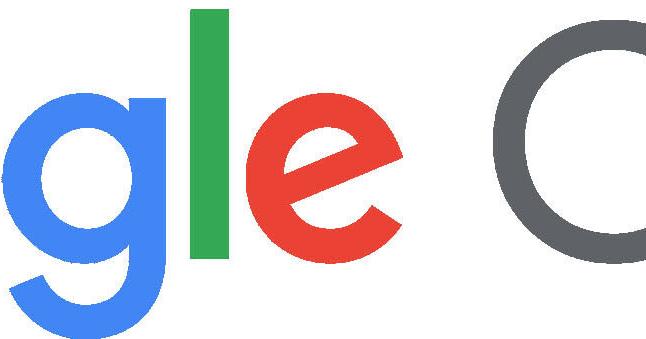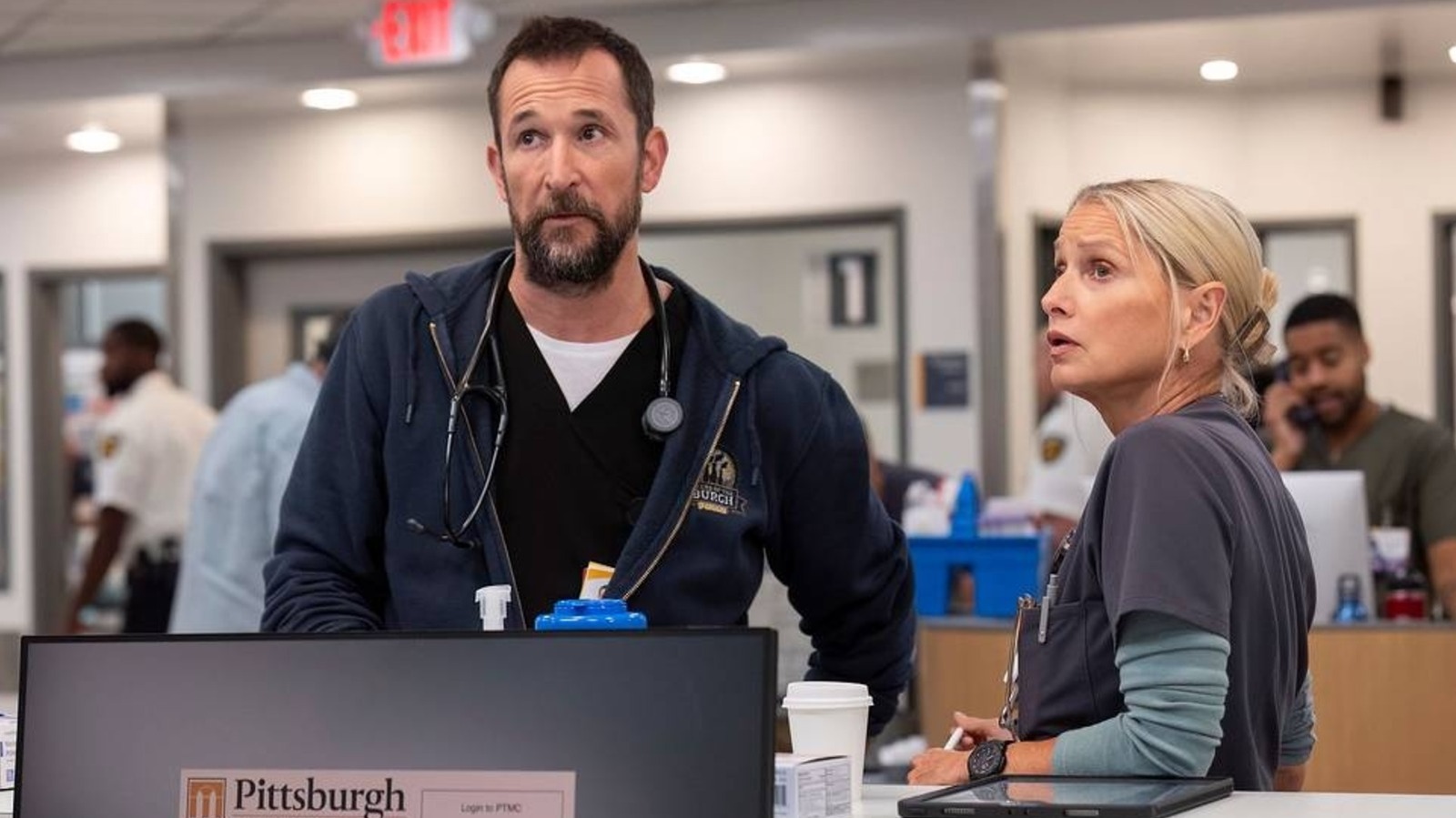
But Dr. O’Neil Britton, the health system’s chief integration officer, said in an email to staff last week the new charges are needed to cover the costs of a growing program that is demanding more time from specialists. Specialists provided more than 58,000 digital consultations in fiscal 2024, according to MGB.
MGB noted that other health systems in Massachusetts and elsewhere in the country already bill for such consultations, which typically require specialists to review patients’ medical records online.
Tufts Medicine and UMass Memorial Health, for example, said they charge for digital consultations. Out-of-pocket fees paid by patients vary, depending on their insurance.
Britton said in his email that specialists will begin charging for their services on eConsults starting next month. He did not disclose how much patients would be billed but said they might be responsible for co-pays, deductibles, and other costs. An MGB spokeswoman also declined to say how much patients would be charged.
Patients won’t be billed if they have no insurance or if their insurer doesn’t cover digital consultations, Britton said.
Under the new policy, patients will be asked to sign a consent form at their doctor’s office authorizing their physician to consult a specialist, if necessary. MGB says it will obtain that consent once a year.
MGB, the state’s largest health system, began using eConsults in 2014. Primary care providers make up the vast majority of doctors seeking advice on the platform, and several predicted the new policy would anger patients, who would likely direct their irritation at them.
“It is unfair to make patients pay for eConsults,” Dr. Nancy Keating, a primary care physician at Brigham, wrote in an email to Britton. “You say that insurance will pay, but as you note, patients with deductibles and copays will receive those bills. Patients do not like these unexpected fees, and it is not fair to ask PCPs to explain this.”
Keating said that she contacts MGB specialists once or twice a week to make sure she is providing appropriate care. Digital consultations are particularly helpful if she has a dermatology question because she can share a photograph of a skin problem online.
In addition to helping her patients, she said, the consultations make her a better doctor.
Primary care doctors said they often use eConsults because it can take months for patients to get an appointment with a specialist. Frequently, primary care doctors can get an answer on the platform within 24 hours and patients don’t need to see the specialist.
MGB says 87 percent of the consultations kept patients from having to see a specialist, which would have been costlier and more time-consuming for patients.
MGB declined to make Britton available to discuss the policy change. In a brief statement, he said MGB is focused on “ensuring this service is accessible and convenient for our patients for the long term.”
Dr. Paul Sax, clinical director of the division of infectious diseases at Brigham, is among the specialists who regularly fields questions on eConsults. He said he typically spends a few hours every Friday reviewing five to ten cases as part of a rotation of specialists. A case review can take him from a few minutes to 45 minutes.
Primary care providers — doctors, nurse practitioners, and physician assistants — account for at least three-quarters of the requests, Sax said. Years ago, such providers occasionally sought specialists’ opinions in informal “curbside” chats, he said, which would happen by chance on the street or in a hospital hallway.
But because primary care providers and specialists are so busy these days, such encounters are rare, he said. And it’s far better to formalize consultations on eConsults, where the providers can share medical records.
“Initially, I was concerned we’d be overwhelmed,” Sax said. “But it has turned out to be so beneficial for patient care.”
Sax declined to comment on the decision to charge patients for eConsults. But in a 2023 NEJM opinion piece, he praised online consulting programs but noted that some health systems, like MGB, were absorbing the costs.
“No one has figured out how to pay for these things,” he wrote.
Increasingly, insurers and patients are footing the bill. The Massachusetts Association of Health Plans, a nonprofit that represents more than a dozen insurers covering nearly 3 million residents in the state, said many commercial plans, as well as the state’s Medicaid program, MassHealth, pay for digital consults.
The state’s biggest insurer, Blue Cross Blue Shield of Massachusetts, said it had just learned of MGB’s new policy and needed to consider the financial implications of covering such consultations.
“While we are open to new models of care, we need to also be vigilant about understanding the impact on overall health care costs, which are at a 20-year high,” the insurer said.



